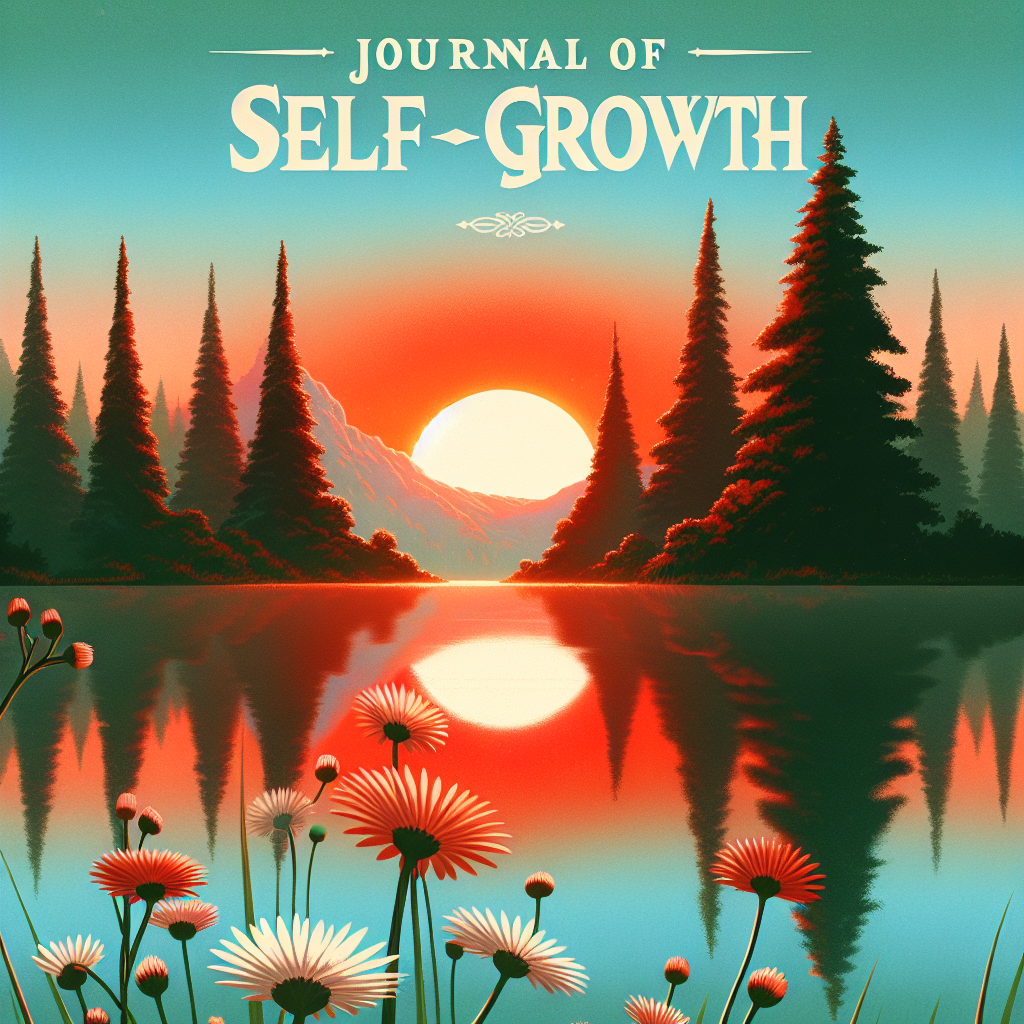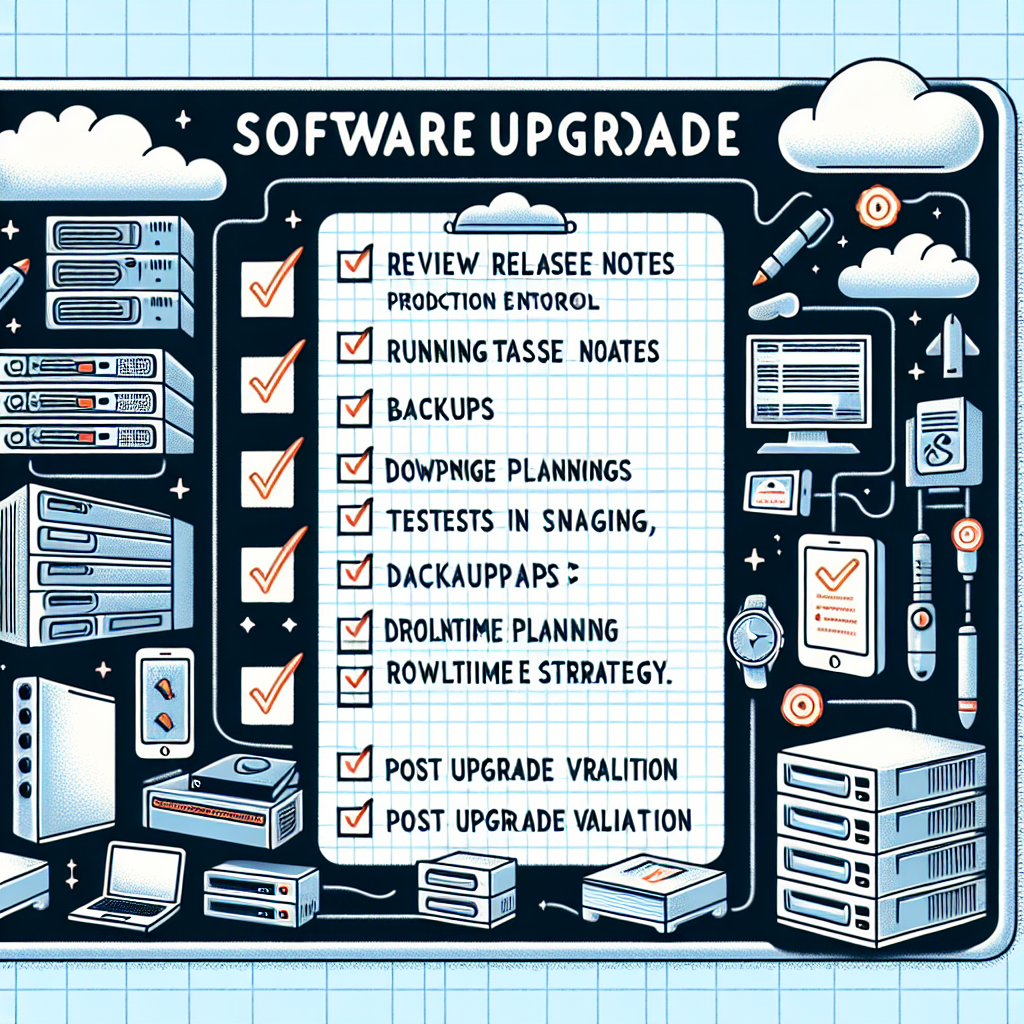Saga Pattern in Microservices Architecture
Welcome to Continuous Improvement, the podcast where we explore strategies and techniques to enhance our architectural practices. I'm your host, Victor, and today we will be diving into the fascinating world of microservices architecture and the Saga pattern.
The quote, "The whole is greater than the sum of its parts," by Plato, perfectly sums up the essence of great architecture. Great architecture combines experience, creativity, and mechanical sympathy to achieve the best results. However, in the realm of microservices architecture, maintaining data consistency and integrity across multiple services can be quite challenging.
Today, we will unravel the Saga pattern and understand its significance in microservices architecture. We'll discuss its benefits, considerations for implementation, and real-world applications.
So, what exactly is the Saga pattern? Well, it's a design approach that helps manage long-lived transactions across multiple microservices. By breaking down a large transaction into a series of smaller, local transactions, each representing a step in a broader business process, we create a saga. The saga ensures data consistency by utilizing compensating actions to reverse the effects of completed transactions in case of failures or errors.
The Saga pattern is incredibly valuable in microservices architecture as it offers several benefits. Firstly, it enhances data consistency by decomposing transactions and incorporating compensating actions. Secondly, it contributes to scalability and availability by allowing independent scaling and deployment of individual services. Lastly, it fosters flexibility and loose coupling by enabling independent development and maintenance of services.
To implement the Saga pattern, there are two common approaches: choreography-based and orchestration-based sagas. In choreography-based sagas, each service communicates directly with others via events or messages, indicating the completion of their local transactions. On the other hand, orchestration-based sagas utilize a central orchestrator to guide the flow of transactions and issue commands to individual services.
Now that we have a good understanding of the Saga pattern, let's explore some real-world use cases. For example, in e-commerce order processing, the Saga pattern ensures that services such as inventory management, payment processing, and shipping coordinate their tasks consistently and correctly, even in the presence of failures. Another example is hotel reservation systems, where a saga guarantees correct execution of steps such as availability, payment, and confirmation.
Before we conclude, it's important to remember that implementing the Saga pattern requires careful consideration of your specific use cases and system requirements. While it provides significant advantages, evaluating trade-offs and selecting the most appropriate implementation approach is crucial.
Thank you for joining me today on Continuous Improvement. We delved into the Saga pattern, its relevance in microservices architecture, its benefits, implementation considerations, and explored real-world use cases. Remember, continuous improvement is a journey, and we are here to learn and grow together.
Join me next time for another exciting topic. Until then, keep striving for excellence in your architectural practices. This is Victor signing off.




